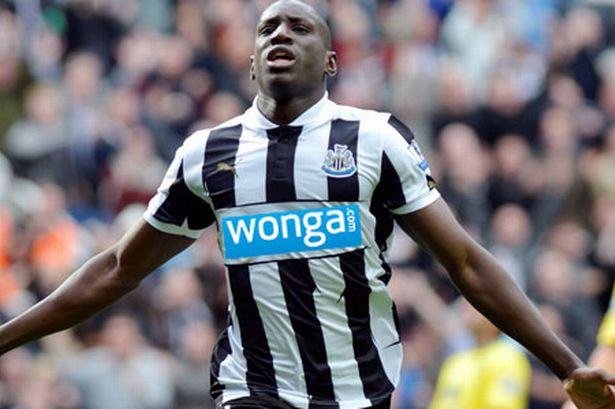September 4 – Say what you like about the way newly-relegated Newcastle United have handled footballing affairs in recent seasons, but it is hard not to admire their business acumen.
Five months on from unveiling profits for 2014-15 of well over £30 million at a time when the club was in the throes of an ultimately futile battle to stave off relegation from the Premier League, the Magpies have just completed a truly spectacular summer transfer window, in terms of pepping up future financial figures.
Relegation from the most lucrative professional football league is among the biggest business challenges that could face management in any industry. In the space of a few months, they are confronted with the need to re-size their cost base to take account of the overnight vaporisation of a big chunk of revenues.
Newcastle, for example, reported media income of more than £77million in those 2014-15 results; this out of overall turnover of £128.8 million.
Following demotion to the Championship, the second tier of English football, the Tyneside club can expect to be paid only a fraction of that this year.
Relegated clubs do get some help with filling this black hole: according to analysis by Deloitte, changes to the system of parachute payments from 2016-17 mean relegated clubs can expect to receive up to £90 million over three seasons.
You would also expect pay deals to be structured in such a way to enable sizeable wage cuts to be implemented in the event of relegation.
But effecting the transition to life outside the elite can still be very difficult – which is why so many clubs over the years have struggled to do so.
What is so impressive about Newcastle’s player transfer dealings over the three months or so since it was confirmed that star manager Rafa Benitez would be staying in the north-east is that they have both permitted the Spaniard to assemble the framework of a new squad capable of pushing immediately for promotion and contributed substantially to making good that projected shortfall from media earnings.
Basing my calculations on player transfer data from the Transfermarkt website, Benitez has spent well over £50 million on bringing in essentially an entire new team of players, including Matt Ritchie, Mohamed Diamé and goalkeeper Matz Sels. But he has raised well over £80 million, as well as letting others, such as long-serving centre-backs Fabricio Coloccini and Steven Taylor, go on free transfers or loans.
Attempting to estimate the effect of this activity on the club’s 2016-17 financial results, I have come up with the following:
Cost of new arrivals over the financial year: c.£12 million. (This is the proportion of their combined £50 million-plus transfer fees that would be included in 2016-17, given that most have been signed on five-year deals and that transfer fees are usually amortised over the length of player contracts. The figure takes no account of the new arrivals’ impact on the club’s wage bill.)
Financial gain arising from player departures: c. £48 million. (This figure is arrived at by deducting each player’s remaining book value from the agreed transfer fee.)
Well over half of this total will have been generated by a single deal: Moussa Sissoko’s near £30 million deadline day switch to Tottenham Hotspur.
Since the powerful midfielder was one of the unexpected stars of Didier Deschamps’s French European Championship side that lost in the final to Portugal, it could be argued that Newcastle United are among the biggest beneficiaries of Euro 2016.
But it is not just Sissoko: my back-of-envelope calculations suggest that the Magpies should realise a profit to book value on all six big money, or relatively big money, disposals undertaken in July and August.
My figures are as follows: Sissoko – £29 million; Georginio Wijnaldum (Liverpool) – £9.8 million; Daryl Janmaat (Watford) – £4.2 million; Papiss Cissé (SD Luneng of China) – £3.2 million; and Rémy Cabella (Marseille) – £1.1 million.
The club should even, I think, book a small gain on the sale of Andros Townsend to Crystal Palace. This is even though he only arrived on Tyneside from Spurs in late January.
If those numbers are remotely accurate, it would mean that this summer’s transfer dealings should boost Newcastle’s 2016-17 financial results by well over £30 million, enough to make up for most of the lost media revenue not already covered by the club’s parachute payment.
There is no doubt, given the choice, that the Magpies would much rather have retained their status in the land of plenty that is the Premier League. Their response to the unwelcome shock of relegation and the task of retooling the organisation for the very different financial circumstances pertaining in the Championship, has, however, been impressive.
David Owen worked for 20 years for the Financial Times in the United States, Canada, France and the UK. He ended his FT career as sports editor after the 2006 World Cup and is now freelancing, including covering the 2008 Beijing Olympics, London 2012, Rio 2016, and the 2010 World Cup. Owen’s Twitter feed can be accessed at www.twitter.com/dodo938.

